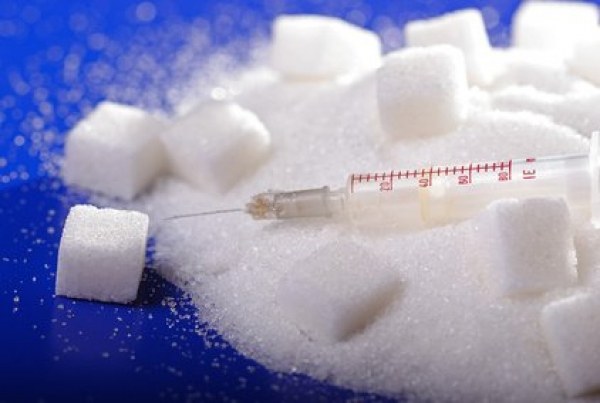Symptoms of diabetes
Most often diabetes is diagnosed in people under the age of 30 years, having a genetic predisposition to it. To trigger the development of this disease can factors such as poor diet, viral infection, severe stress, bad ecology and autoimmune pathology. To recognize the presence of insulin deficiency (type 1) by the following, dramatically developing symptoms: increased appetite, constant weakness, profuse urination, unquenchable thirst and weight loss.
Diabetes, many diseases are longer and more difficult than in people without diabetes.
Diabetes of the 2nd type is usually diagnosed in people over 30 years. Unlike the 1st type, it develops almost imperceptibly and gradually, also expressed frequent and copious urination, General weakness, constant thirst, pruritus. Quite often patients with this type of diabetes there are pustules on the skin and mucous membranes. Factors in the development of insulin deficiency of the 2nd type are obesity, sedentary lifestyle, heredity, improper diet and excessive consumption of alcohol/sweets.
Treatment of diabetes
Regardless of the root causes of diabetes, the sugar enters the body with food and contained in the blood, slowing down its conversion to glycogen and burning in tissues. As a result, the body has to use as energy fat, active breakdown of which leads to the accumulation in the tissues and blood acetone and methoxymethanol and acetoacetic acids. They poison the Central nervous system and other internal organs, with a critical level of accumulation causing a diabetic coma and disturbance of vital functions.
The main goal of treating diabetes is to lower blood sugar, normalize all types of metabolism in the body and prevent the development of serious complications.
Treatment of insulin deficiency is prescribed depending on the type of diabetes. In the 1st type the patient requires daily injections of insulin, whereas the 2nd type is quite glucose-lowering drugs and special diets. Nutritional therapy should be administered with strict calculation of calorie diet and of fats, proteins, carbohydrates, vitamins and minerals. People with diabetes shown moderate exercise to reduce blood sugar by oxidation of glucose in muscle tissue.
